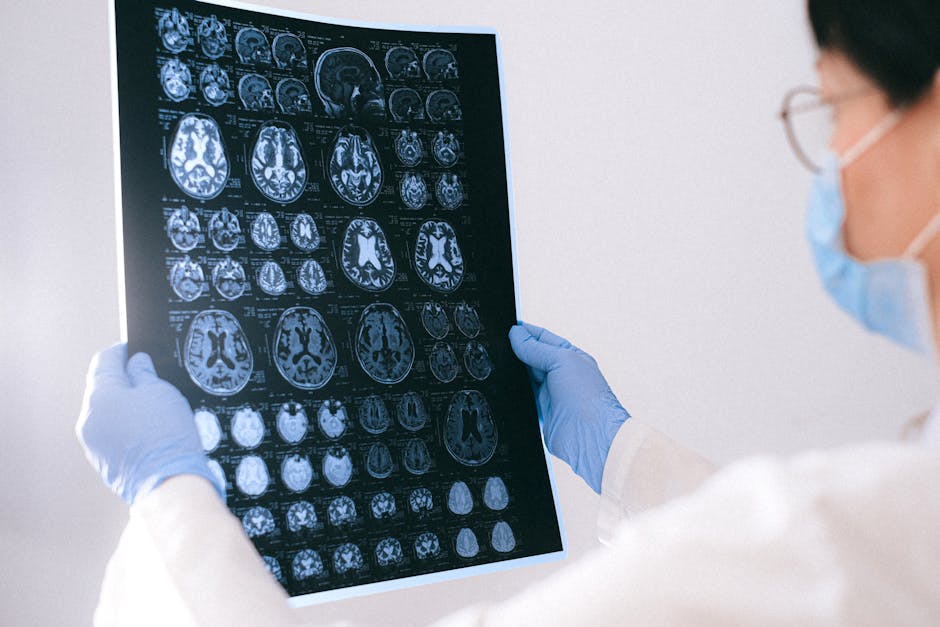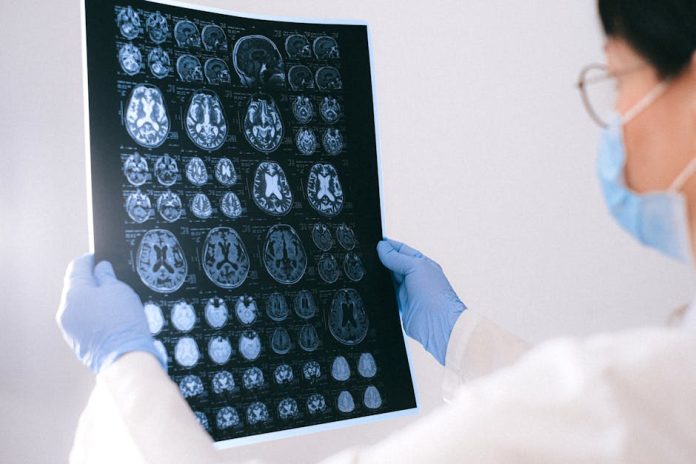
A revolutionary brain scan is showing promise in detecting Alzheimer’s disease years before symptoms appear. But here’s the catch: it doesn’t work for everyone. This groundbreaking technology, utilizing advanced imaging techniques, is offering a glimpse into the future of early diagnosis and prevention. However, the inconsistent results are raising crucial questions about the underlying mechanisms of the disease and the complex interplay of genetics, lifestyle, and environmental factors.
Researchers are using a combination of PET scans and advanced image analysis to identify specific biomarkers, often amyloid plaques and tau tangles, associated with Alzheimer’s. The success rate, while promising, is far from universal. Some individuals show clear signs of these biomarkers years before symptom onset, while others show no indication despite a later diagnosis. This discrepancy is fueling intense research to pinpoint the specific factors influencing the scan’s effectiveness.
So why does this brain scan work for some and not others? Several hypotheses are currently under investigation. Genetic predisposition is a strong contender, with some individuals having a higher genetic risk and therefore a more pronounced biomarker presence detectable by the scan. Lifestyle factors like diet, exercise, and cognitive stimulation are also believed to play a crucial role in both disease development and the visibility of these biomarkers on the scan. Furthermore, the complex interplay of multiple risk factors might contribute to this variation in results.
This research presents both exciting possibilities and challenging unknowns. While the prospect of early detection is a significant step forward, the limitations highlight the need for further research to understand the complexities of Alzheimer’s. The development of more comprehensive diagnostic tools and targeted preventative strategies requires a better understanding of the underlying reasons behind the scan’s variability.
What does the future hold? Further research will focus on refining the scan’s accuracy and understanding the factors that influence its effectiveness. This will likely involve larger-scale studies exploring a broader range of genetic, lifestyle, and environmental factors. Ultimately, the goal is to develop more accurate and universally applicable methods for early detection and, crucially, preventative interventions to delay or even prevent the onset of Alzheimer’s disease.
The inconsistent results, while initially disheartening, are ultimately driving crucial scientific advancements in our understanding of this devastating disease. The journey towards an effective, universally applicable Alzheimer’s screening tool is ongoing, but the progress made with this advanced brain scan offers a beacon of hope for the future.

